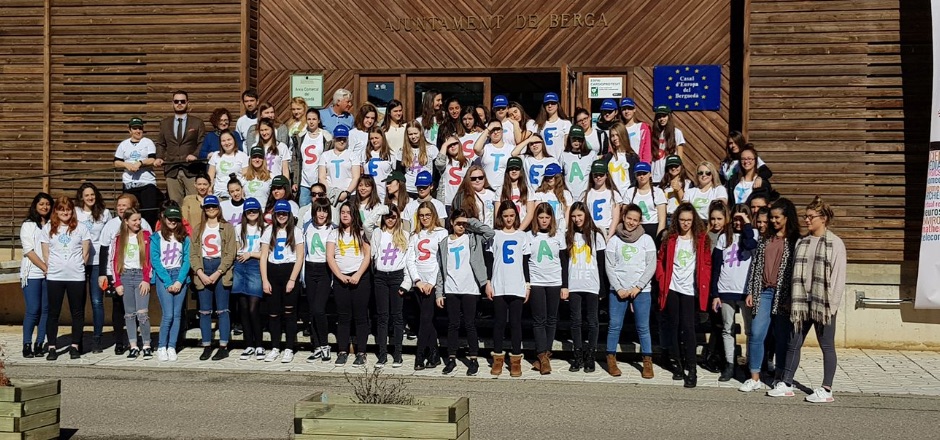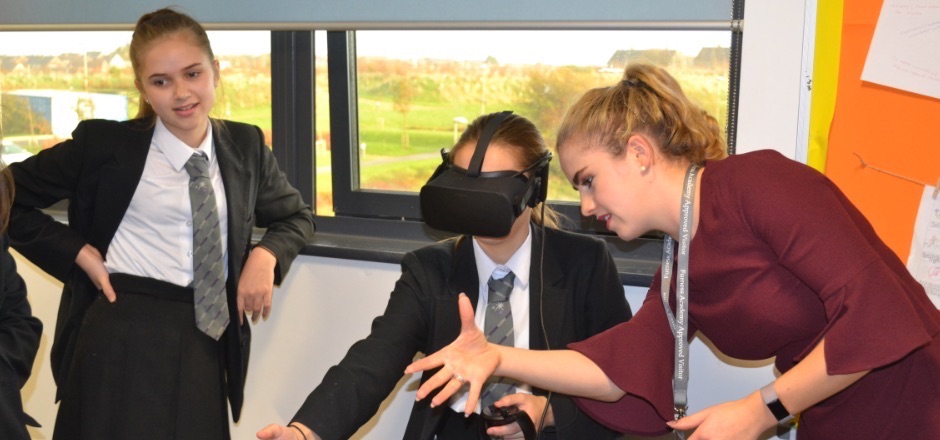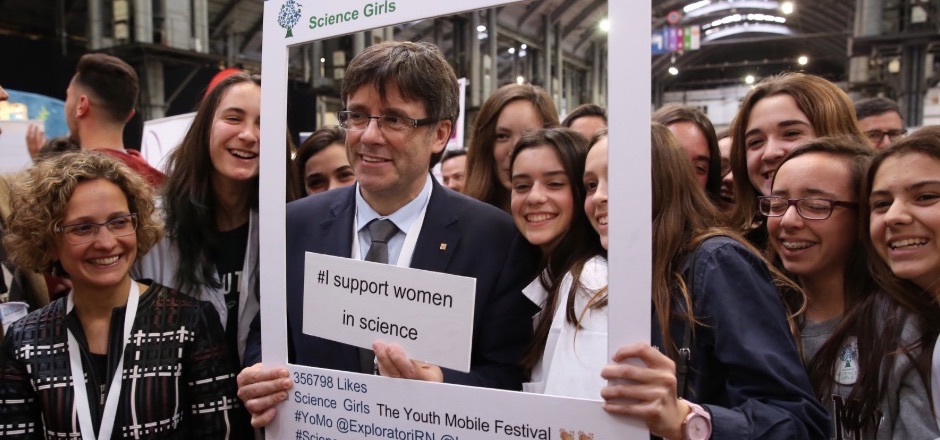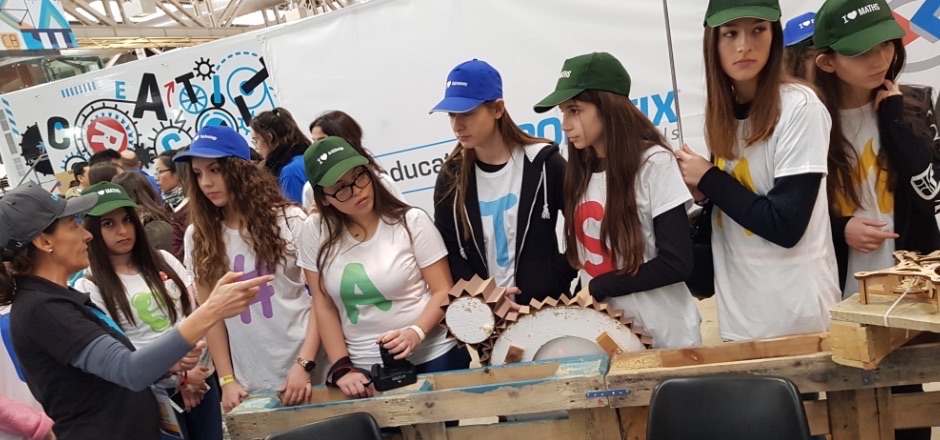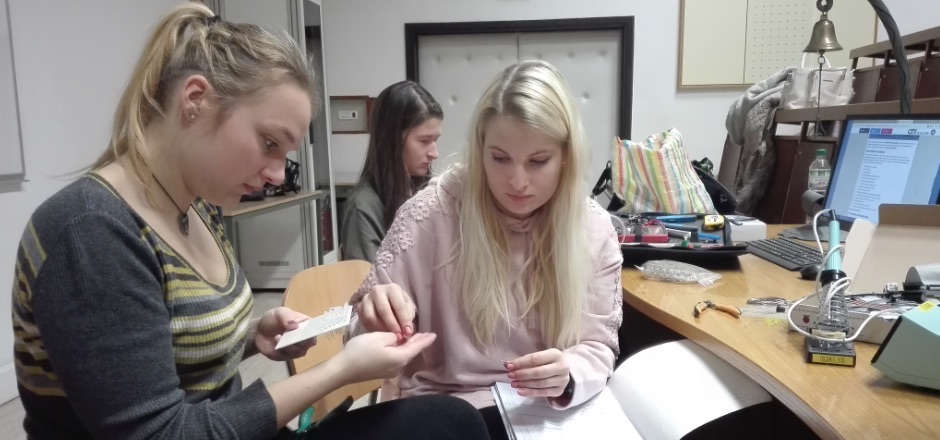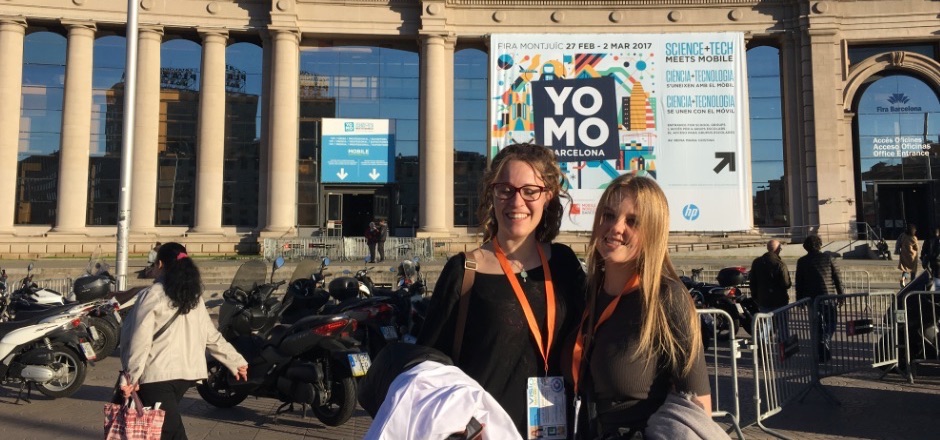We are a European Project Partnership working actively to support girls in school to extend their knowledge and understanding of the science community and science as applied in real working life environments.
Europe’s future economy and social coherence is depending on young generation with interests, skills and capacity far beyond what is offered in the traditional educational system.
Europe needs young people deeply engaged in science, research and innovation – and based on positive and engaging experiences of what science, research and innovation is at a very early age and in early schooling.
Young people are increasingly disengaged from science learning in schools and this is causing great concern in the European Commission and other global players.
We call this the Commission’s SCIENCE LEARNING INNOVATION AGENDA, described and documented across numerous Commission documents, research papers and guidelines.
The core message is that science learning in schools needs dramatic change and fundamental re-thinking to appeal to the young generations.
We thus conclude that science aspirations sit in an uneasy tension with femininity and must be continually carefully negotiated and defended against challenges from wider popular discourses which align science with masculinity.
The project will engage the girls’ teams in 3 major challenges and the projects work programme is based on and follows these 3 challenges:
HOW we FEEL SCIENCE:
Create a more authentic understanding of science and gender in early schooling through engaging teenage girls as co-creators of this understanding, through telling the personal and collective and gender-sensitive stories education and about the image of science in society.
SCIENCE in REAL LIFE:
Engage the participating girls and their support teachers in real-life and real-time science and research experience in collaboration with the local community, including interacting with female role-models in science and research.
VISIONS of EARLY SCIENCE ENGAGEMENT:
Invite the girls to co-create scenarios of new ways of science learning in school that will appear attractive and relevant to teenage girls and their emerging gender identities.
